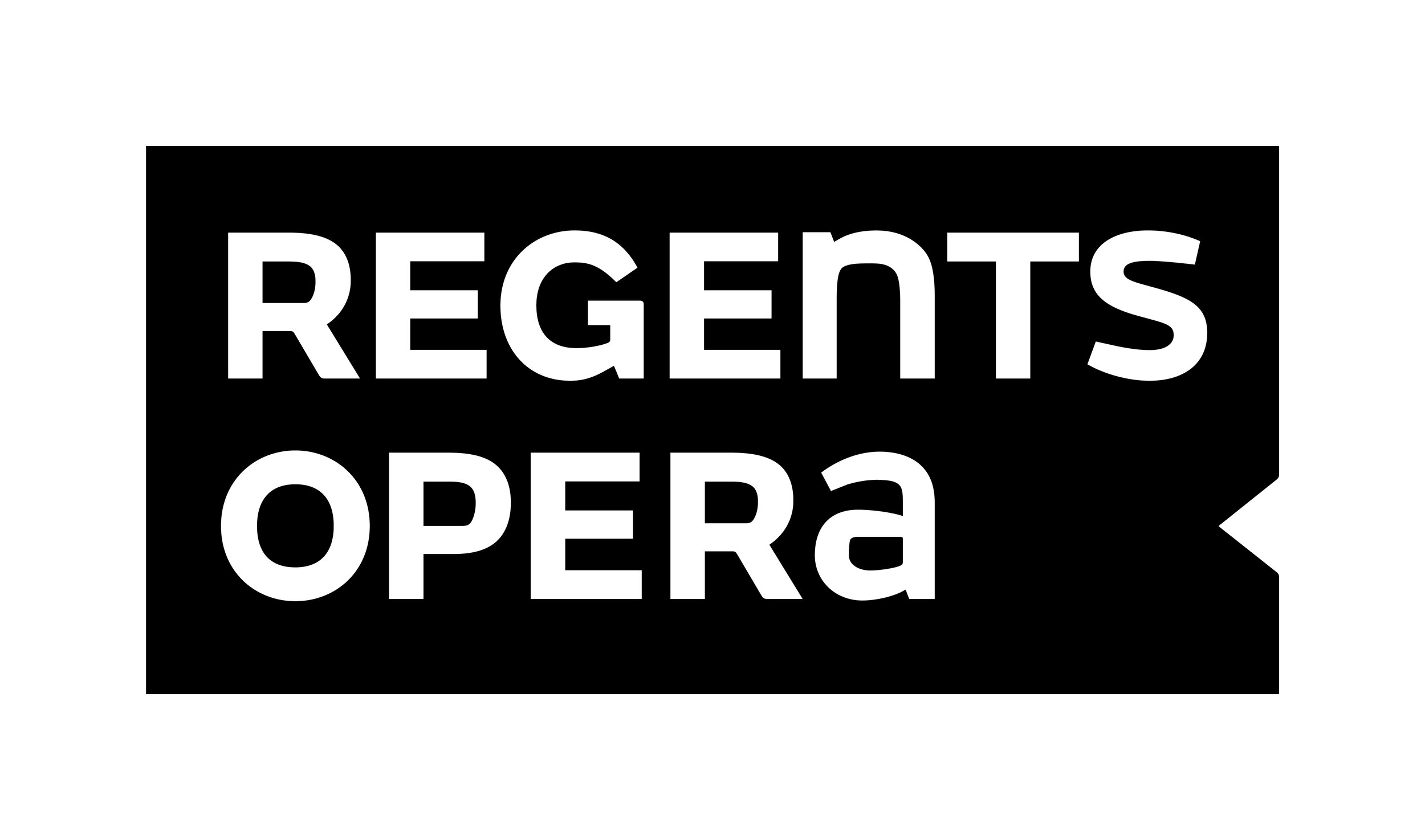The Nightwatchman - a considered approach by Rob Byford
Approaching a small role in Wagner’s biggest opera requires some thought.
The Nightwatchman sings 10 bars in the middle of Act 2 and then another 10 at the end of the same act. Why? What’s the purpose of the character? Why did Wagner choose to let this, seemingly unimportant, character interrupt the act and then end it? He doesn’t interact with anybody, vocally or otherwise.
Apparently it was Stanislavsky who first said, “there are no small parts, only small actors”. As an actor I have to work out what my role in the opera is.
The music is simple. It’s a folksy hymn. It’s something done by rote. Nothing too high or too low. It’s central voice singing which indicates to me that the words need to be clear and understood.
The Nightwatchman is often dismissed as someone who just “calls the hour”. But look at what he actually says.
1st entry:
Hört', ihr Leut', und lasst euch sagen,
Hear, people, what I say
die Glock' hat zehn geschlagen
the clock has struck ten
bewahrt das Feuer und auch das Licht,
guard your fire and also your light
dass niemand kein Schad' geschieht.
so that no one comes to harm!
Lobet Gott, den Herrn!
Praise God, the Lord
2nd entry:
Hört', ihr Leut', und lasst euch sagen,
Hear, people, what I say
die Glock' hat eilfe geschlagen:
the clock has struck eleven
bewahrt euch vor Gespenstern und Spuk,
beware of ghosts and spooks
dass kein böser Geist eu'r Seel' beruck'!
that no evil spirit ensnare your soul
Lobet Gott, den Herrn!
Praise God, the Lord
To me that’s more than someone telling the time. These are warnings.
A Nightwatchman was effectively an authorised person in place to police, to maintain peace and order, to fire watch, to maintain safety.
Meistersinger takes place in the 16th century, on and around Midsummers day. There’s significance in this: Witchcraft.
The Trier witchcraft trials (1582-1593) are possibly the best known nowadays (368 people executed within the city walls, many exiled and/or put to death outside the confines of the city) but fears about evil were in every community. Tens of thousands of people were executed for witchcraft.
Why is my neighbours crop doing better than mine? Why is there illness in my family? Why do my cattle not produce milk? Witchcraft.
So when the Nightwatchman warns people to guard their fires and lights so that no one comes to harm, he’s giving good advice. When he warns about ghosts and evil spirits he’s speaking about the very real fears they have. About what affects their very livelihoods. The first thing he says is “Listen”. With good reason. 10 o’clock, 11 o’clock, soon it will be the witching hour.
Midsummers day is a solstice. There would be the lighting of festive fires which would banish evil spirits. Animals would be driven between 2 fires to prevent plagues. People would dance around fires on St Johns Eve. It was a time of rebirth (let’s not forget 24th June is the birth day of John the Baptist). Fire and water. Cleansing.
The Nightwatchman’s first entrance follows a scene between Eva and Walter. To my ears there’s a lot of Tristan und Isolde in this. The music is gently lush, the voices entwine with the orchestra. Magdalene has a Brangene moment (“Evchen! 's ist Zeit: mach' dich frei!”). Then from the chromaticism the watchmans horn sounds (and it’s jarring) and he sings a short tonal hymn. He brings order.
It’s also worth noting the Nightwatchman would be aware, in this small community, that there is a stranger in town. An immigrant. Immigrants are to be feared and not trusted. Eva being found out after dark with a stranger would be shameful. She, and therefore her purity, is the prize.
Suddenly there’s a resonance with some of our communities today. Thankfully there’s Sachs who welcomes, encourages, and faces his own prejudices (he struggles with this at times). Eva and Walter hide in the dark. By the end of the opera they’ll walk in the light. Together.
The Nightwatchman’s second entrance follows the riot. As the townspeople hear the sound of his horn, they scatter. Riots are the devils work and anybody found to be involved would pay the price. So when he arrives on stage the Nightwatchman finds an empty street. He shakes his head. He knows he heard something. But everything is as it should be.
I have not yet met with the director or conductor. I don’t know where or when or how they’re setting the work. I’ve done background work and I may have to rethink it all. But at this point I know that my character holds a position in his society. That he takes his responsibilities seriously. His duty is to protect and to warn his community. So the small role I’m playing has some context for me. You might not see or hear it from the audience but this work will help me. It’s something I’ve done for every role I’ve ever played.
